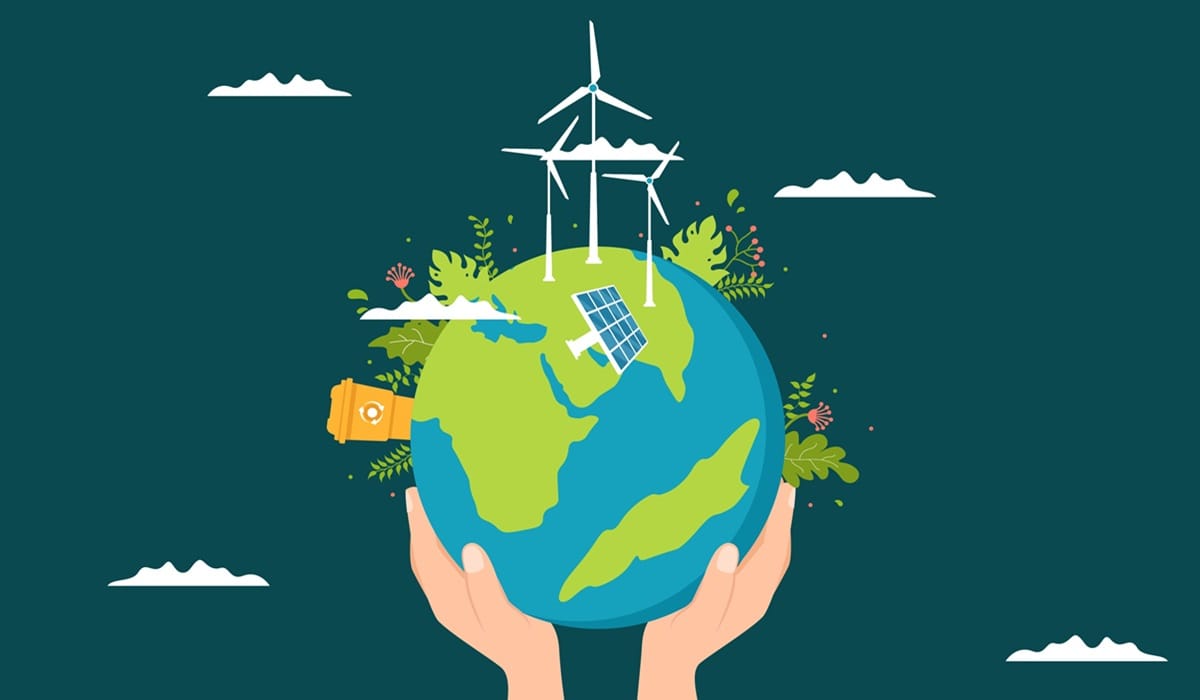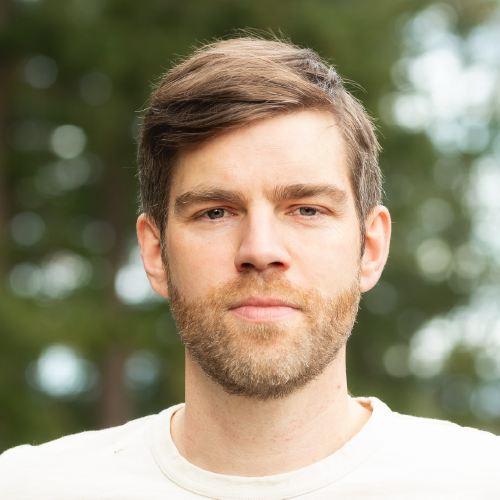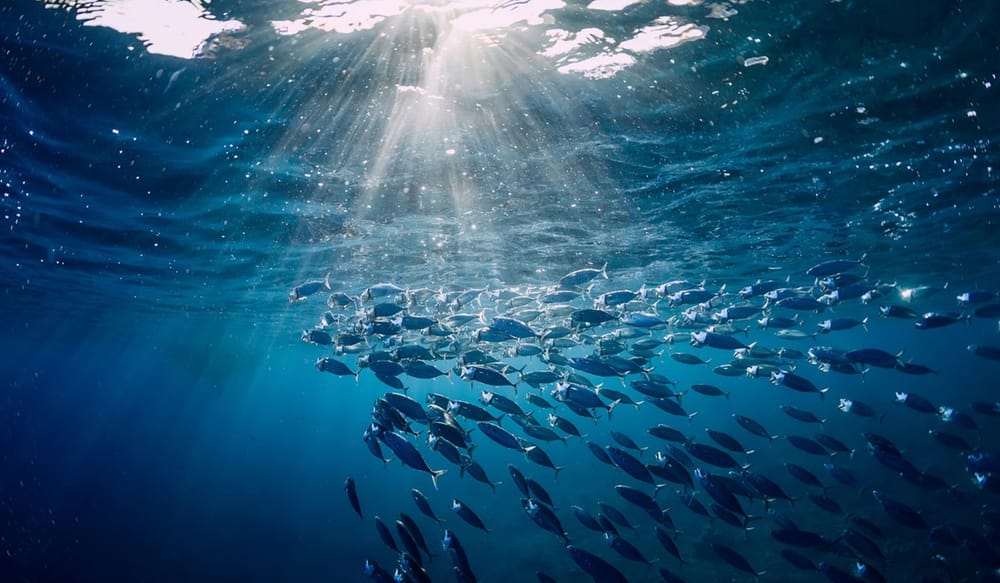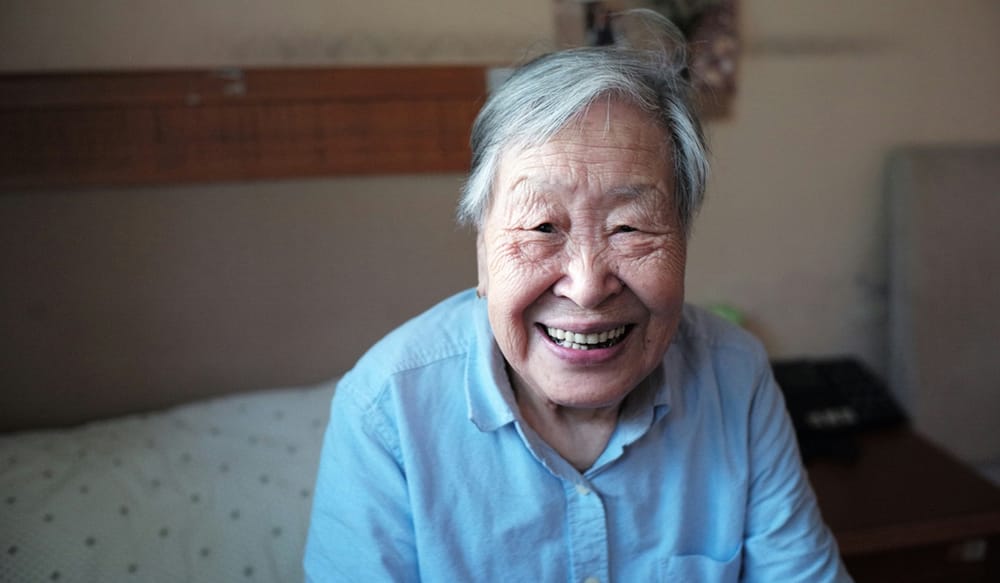
Good news for humankind!
The world's latest milestones for climate, justice, peace, health, and more
February 19 - 25 2024 C.E.
New drug offers breakthrough in treatment of asbestos-linked cancer
Scientists at Queen Mary University of London have developed a drug to treat mesothelioma, a notoriously deadly and hard-to-treat cancer linked to asbestos, in the biggest breakthrough in two decades. An international trial spanning five countries found that the new drug, ADI-PEG20, cuts off the tumor’s food supply and quadruples three-year survival rates. It is the first of its kind to be successfully combined with chemotherapy in 20 years.
96% of all new power capacity in the U.S. in 2024 will be carbon-free
In 2024, the U.S. power industry is choosing clean energy for almost all its new capacity additions. The latest federal forecast for power plant additions from the U.S. Energy Information Administration shows solar sweeping with 58% of all new utility-scale generating capacity this year. In an upset, battery storage will provide the second-most new capacity, with 23%. Wind delivers a modest 13%, while the long-delayed final nuclear reactor at Vogtle in Georgia will add 2% of new capacity.
Bolivian town Sena protects 1 million acres of Amazon rainforest
Called the Gran Manupare Integrated Management Natural Area, the law was overseen by, and passed for the benefit of, “peasants and indigenous communities,” per a statement from the mayor’s office. Located in the Pando Department in the far northern corner of Bolivia, the new protected area represents almost 8% of its forests and has significantly increased the region’s conservation coverage to 26%. In the past 25 years, Bolivian towns like Sena have protected 25 million contiguous acres of Bolivia’s Amazon—an area nearly the size of Iceland.
Turkish scientists develop “bumpy” solar panel concept that can harvest up to 66% more energy
Solar cell efficiency may get a bump from bumps. New research from Turkey's Abdullah Gül University suggests that building tiny domes into the surface of organic solar cells could boost their efficiency by up to two-thirds, while capturing light from a wider angle.
Baltimore finalizes $18 million deal to acquire hotels for long-term homeless housing
Once the city takes over operations of the hotels at the end of this year, it intends to convert the units for “permanent supportive housing,” a form of affordable housing that provides subsidized rent and social services, health care, counseling and other supports. The city plans to partner with a nonprofit provider to offer services to residents in the two buildings.
Biden administration to forgive $1.2 billion in student debt for over 150,000 borrowers
The Biden administration will forgive another $1.2 billion in student debt for nearly 153,000 borrowers enrolled its new repayment program, called the Saving on a Valuable Education, or SAVE, plan. The relief will go to borrowers who have been in repayment for a decade or longer, and originally took out $12,000 or less. Biden has now canceled debt for almost 3.9 million borrowers, totaling $138 billion in relief.
Belgian boy becomes first child in the world to be cured of brain stem glioma
Brain stem glioma, officially called diffuse intrinsic pontine glioma (DIPG), is rare and lethal, diagnosed in just 300 children annually in the United States. The two-year survival rate is 10%, and no drug is widely available for its treatment beyond radiotherapy. After the boy's diagnosis, the family traveled to France to take part in a randomized controlled trial. He was randomly assigned the drug everolimus, which he took for more than 5 years with remarkable success.
U.S. museum returns artifacts to Ghana that were looted 150 years ago
Looted from British-colonized Ghana in the 19th century before being transferred to Fowler Museum at the University of California, Los Angeles, in the 1960s, the artifacts included an elephant tail whisk, an ornamental chair made of wood, leather and iron, two gold stool ornaments, a gold necklace and two bracelets.
England brings in biodiversity rules to force builders to compensate for loss of nature
England is launching a biodiversity credit scheme that attempts to force all new road and housebuilding projects to benefit nature, rather than damage it. The “nature market”, called biodiversity net gain (BNG), means all new building projects must achieve a 10% net gain in biodiversity or habitat. The requirement becomes law under the Town and Country Planning Act on February 12 for larger sites, and on April 2, 2024 for smaller sites.
Nine U.S. states, including California and New York, sign heat pump agreement to clean up air pollution
Nine U.S. states have inked an agreement to promote climate-friendly heat pump sales. The memorandum of understanding sets a 2030 target for heat pumps to make up 65% of residential heating, cooling, and water heating equipment sales. By 2040, the goal is for heat pumps to account for 90% of the HVAC and water heating market. The states on board with the agreement include: California, Colorado, Maine, Maryland, Massachusetts, New Jersey, New York, Oregon, and Rhode Island.
Egyptian physician Imhotep diagnoses cancer, perhaps for the first time in history (~2600 B.C.E.)
Imhotep was an Egyptian chancellor to the Pharaoh Djoser, possible architect of Djoser's step pyramid, and high priest of the sun god Ra at Heliopolis. Very little is known of Imhotep as a historical figure, but in the 3,000 years following his death, he was gradually glorified and deified. In his Pulitzer-prize winning “biography” of cancer – The Emperor of All Maladies – Siddhartha Mukherjee cites the oldest identified written diagnosis of cancer to Imhotep.
Number of annual global deaths from cancer peaks and begins to decline (2046 C.E. ???)
After decades of slow progress, the world finally hits "peak cancer" where total deaths begin to decline due to a wave of medical advancements, preventative care, and healthier lifestyles.
These milestones have been added to our database of social change milestones – past, present & future. Filter by topic, country, era, and more. Explore the archive

Climate sacrifice
I notice three basic ways people often relate to the climate crisis.
Climate deniers don't believe it's real and don't do anything. If anything, they actively sow skepticism and maybe even revel in their carbon-intensive lifestyles.
Climate zealots believe in it and go to extensive if not extreme lengths to minimize their carbon footprint. They perhaps live off the grid, grow their own food, or commit to not buying any new goods or producing any waste. Their lifestyles are completely transformed by their climate commitments.
Climate zombies believe in it, but ultimately go about living their lives as if they don't. Climate is not a factor in their life decisions.
I have many climate zombies in my life. I rarely hear them even mention the climate crisis. Sometimes they give lip service to the importance of taking action. But in practice, it's yet another carbon-intensive flight to Palm Springs for 36 hours; more unnecessary gadgets and clothes (but yet not being able to afford a heat pump or solar panels); and then perhaps buying a brand new Tesla to feel as if they are doing something, not seeming to recognize it as a play for their own social status as much as anything else.
I find myself increasingly frustrated with climate zombies. I look out at the latest climate catastrophe and urgent warning from climate scientists and want to scream: "Wake the f*** up! Time is running out!" I even sometimes imagine myself telling them off in some dramatic way. It feels satisfying.
And then I realize I'd largely be screaming at myself as much as anyone else. So it feels more useful to channel that energy into writing, where I can better recognize myself as the core audience.
Here's my truth: I admire and respect climate zealots. I honor them for their determination and bold action. But I'm not convinced their path is likely to invite and inspire the masses into the widespread climate action we need. It demands a level of sacrifice that most are just yet not ready to make.
What we need more than anything is more climate moderates – people who believe in climate change and make at least a few sacrifices in their lives to do something about it. This does not mean buying a Tesla. It does not mean telling people off or writing some blog post. It might mean:
- Choosing to electrify their homes (instead of remodeling the kitchen)
- Foregoing that weekend trip to Palm Springs and opting for a stay-cation
- Cutting out or drastically reducing meat consumption
- Donating significant (i.e., enough to sting a little) money to a climate fund
More than anything, it means that climate considerations are a real, often persuasive factor in their life decisions. They earnestly think about the climate implications of their decisions. And in some instances, they decide to forego some indulgence as an act of service to our planet and future generations.
Have you been a climate zombie? What sacrifice might you make to help maintain a livable planet?

Peter Schulte
Leadership Coach
Executive Director of Spark of Genius
he/they
Let's connect
Feeling burnt out, overwhelmed, lost, or stuck? I help aspiring leaders cultivate peace and purpose, share their gifts with the world, and live a life they can fall in love with. Your first session is free! Learn more.
Once a week, I offer 1-on-1 office hours as a gift to my readers. Some people use it as a chance to connect and get to know me. Others bring specific questions to get support on. Up to you! No charge. No strings. Reserve your spot.









